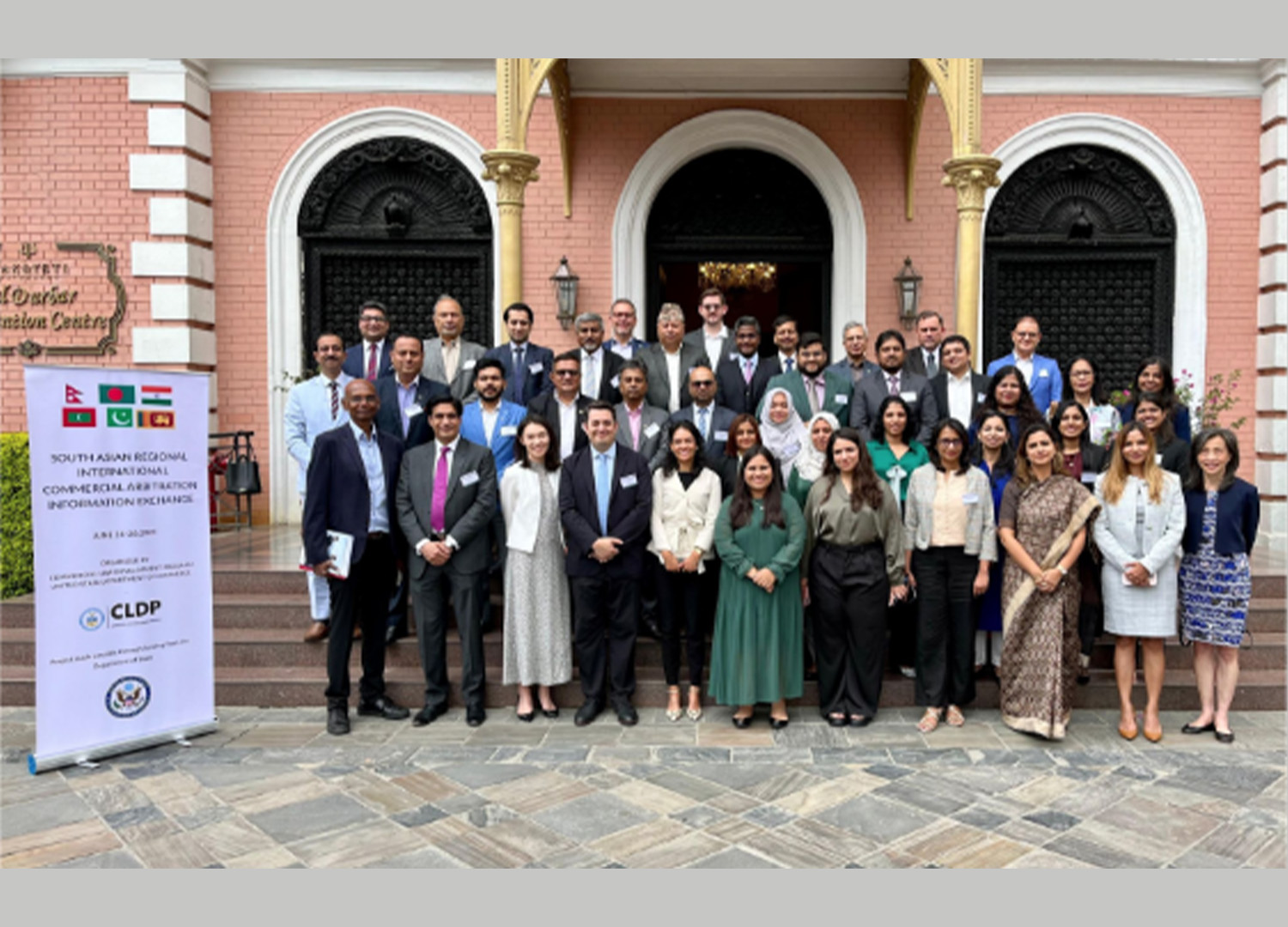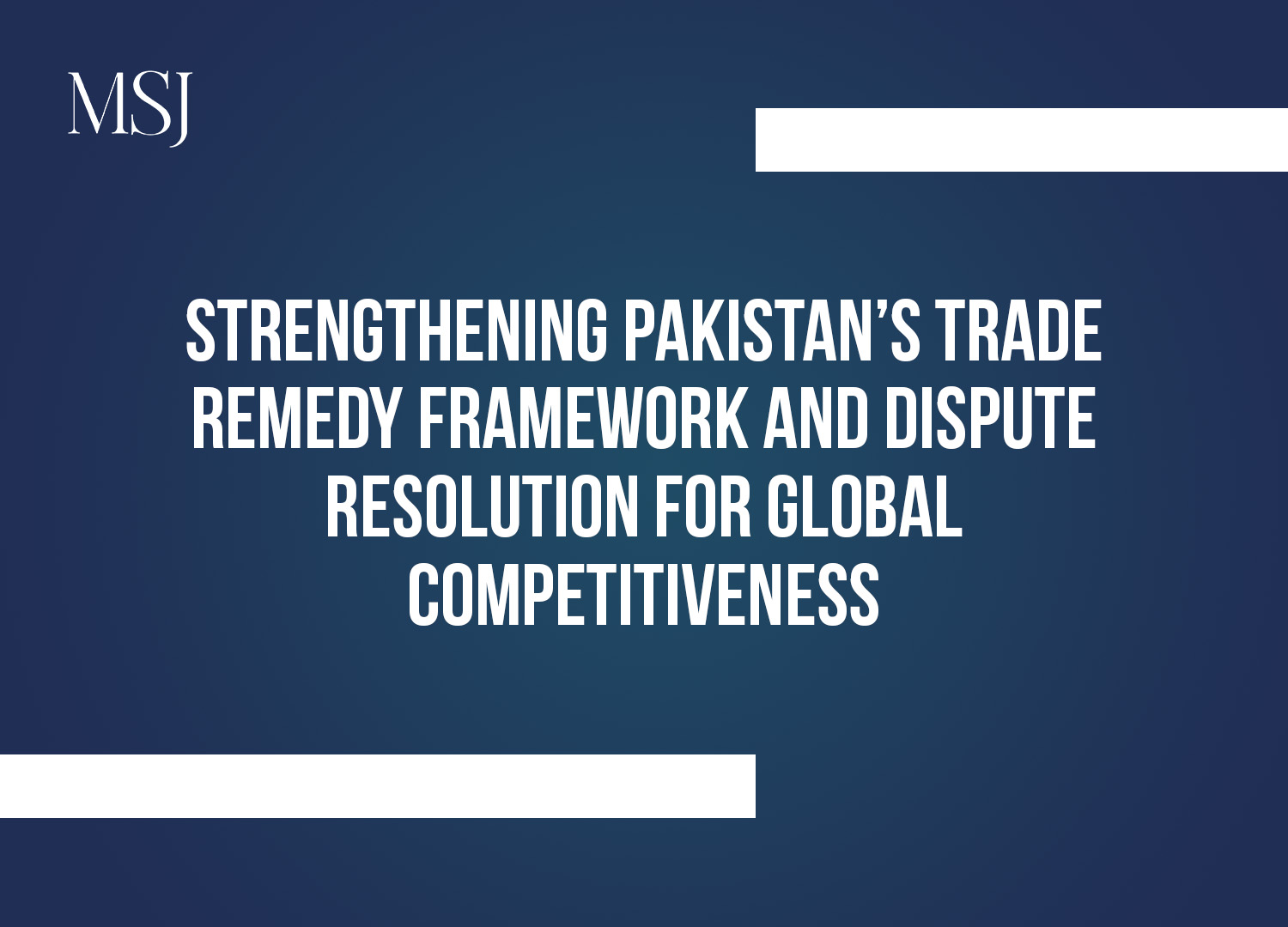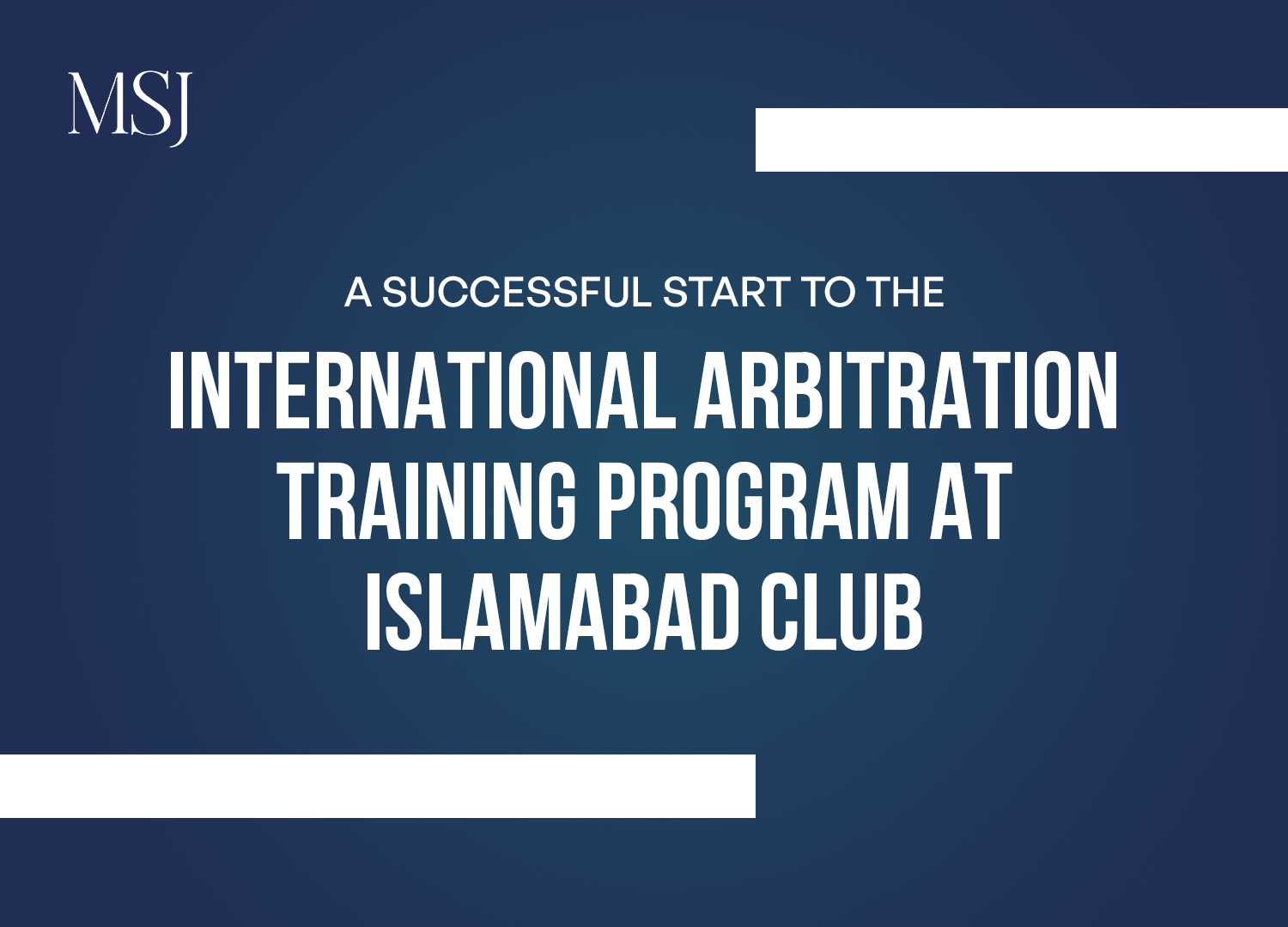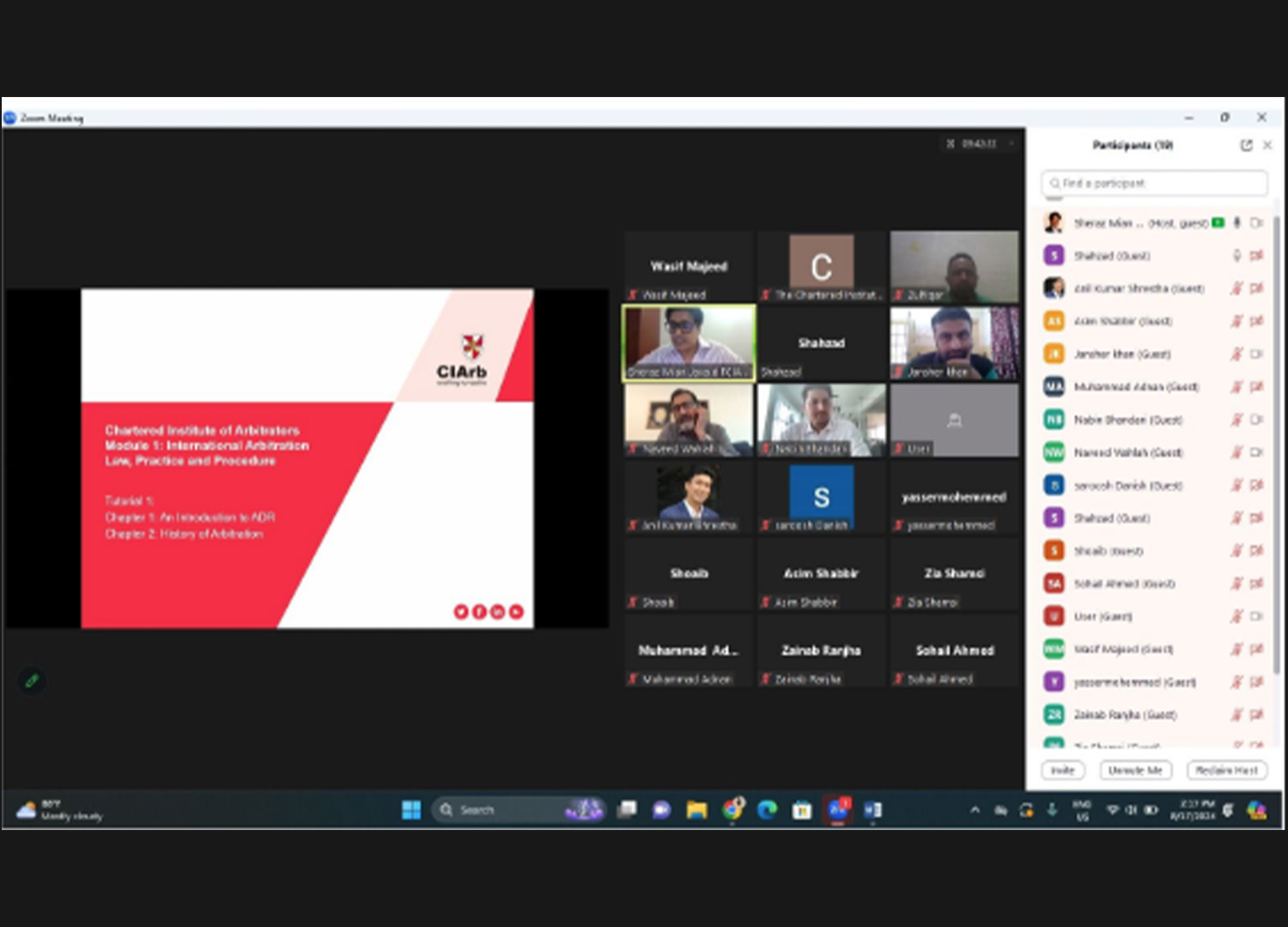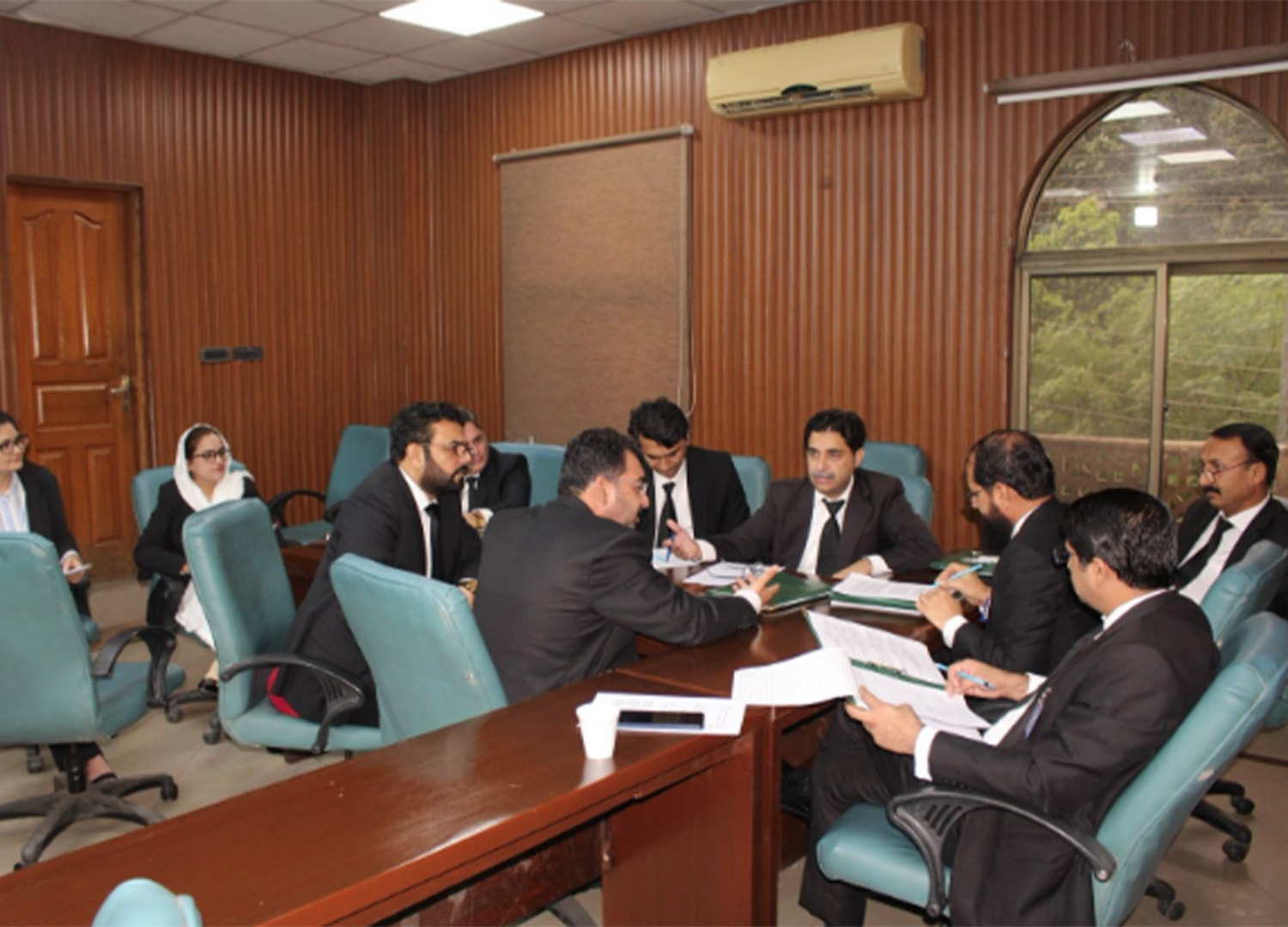MSJ Trains Judges on Mediation Frameworks in 6-Day Punjab Judicial Academy Program
Held at a time when Pakistan's judiciary is actively seeking methods to reduce backlog and enhance access to justice, this program marked a major milestone in embedding ADR within judicial practice.
Day 1: Laying the Groundwork
MSJ opened the program by reframing Alternative Dispute Resolution (ADR) not as an alternative, but as an integral judicial tool. Participants explored how global mediation models compare to litigation and were introduced to a framework for identifying dispute-appropriate processes, factoring in legal systems, cultural dynamics, and relational context.
“This wasn’t just an introduction—it was a recalibration,” MSJ said. “We discussed how the judiciary can move from being the court of last resort to the first advocate of resolution.”
Day 2: Legal and Religious Legitimacy
Day two delved into both statutory and religious roots of mediation. MSJ examined judicial referral powers under the Punjab ADR Act, 2019 (Amended 2023) and unpacked the Islamic jurisprudential foundations of ADR, highlighting concepts such as Sulh (amicable settlement), Wasata (intermediation), and Tahkim (arbitration), all of which are deeply embedded in Qur’anic and Sunnah traditions.
This integration of legal modernity with religious authenticity struck a powerful chord with participants, enhancing confidence in ADR’s legitimacy within Pakistan’s legal and cultural context.
Day 3: The Art and Science of Mediation
On day three, MSJ led participants through the structured stages of mediation, from opening statements to resolution. He emphasized core skills such as:
- Active listening
- Reframing and neutrality
- Managing power imbalances
- Preserving confidentiality and ethical conduct
“Judges are trained to decide. Mediators are trained to empower others to decide,” MSJ explained. “This requires a different set of muscles—ones rooted in facilitation, not adjudication.”
Day 4: Experiential Learning through Simulation
One of the highlights of the program, day four featured three detailed role-play simulations: a commercial dispute, a family matter, and a construction conflict. Judicial officers played the roles of mediator, disputant, and observer, gaining hands-on experience in navigating the dynamics of dialogue and settlement.
MSJ facilitated group debriefs after each scenario, encouraging participants to reflect on what worked, what faltered, and how to refine their approach in real-life mediation settings.
Day 5: Mastering the Mediator’s Toolkit
Day five built upon the simulations, focusing on the core attributes of successful mediators, including:
- Building rapport
- Emotional regulation
- Maintaining neutrality under pressure
- Encouraging mutual recognition and interest-based negotiation
MSJ contextualized these skills within judicial ethics, stressing that a judge-mediator must operate with clarity, consent, and compliance at all times.
Day 6: Policy, Outcomes, and Settlement Crafting
The final day pivoted to outcome-oriented practice. MSJ trained participants in drafting and vetting mediation settlement agreements, ensuring they are both enforceable and ethically sound. He also led a powerful session on judicial leadership in public policy, highlighting how mediation can:
- Reduce case backlog
- Improve litigant satisfaction
- Restore trust in legal institutions
- Serve as a reform model across jurisdictions
“Judges are not just interpreters of the law,” MSJ remarked. “They are catalysts for change, and mediation is one of the sharpest tools we can offer them.”
Redefining the Role of the Judiciary
This program marks a strategic shift in judicial mindset—from purely decision-making to resolution facilitation. MSJ emphasized that the courtroom of the future is one where resolution is the goal, not just verdicts.
He closed the session with a call to action: “Pakistan’s judiciary is at a crossroads. Either we cling to old models, or we lead with empathy, efficiency, and adaptability. Mediation offers us that chance.”
Acknowledgment and Institutional Vision
MSJ extended heartfelt thanks to the Punjab Judicial Academy for its bold vision and to the participating judges for their engagement, openness, and commitment to innovation. He commended the Academy’s leadership for championing ADR education, especially at a time when system-wide reforms are urgent and necessary.



